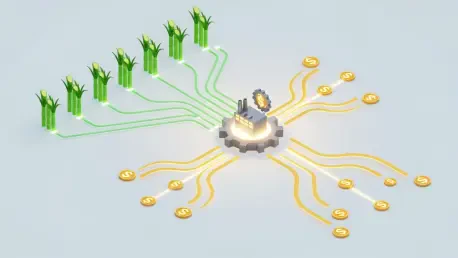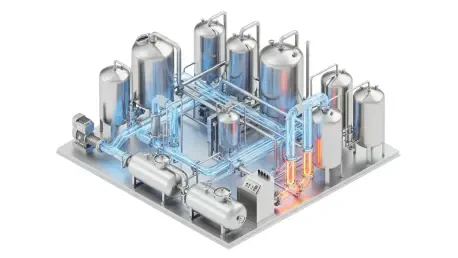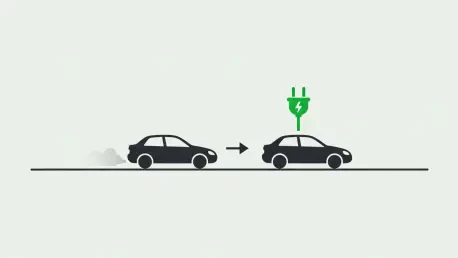
A Landmark Policy Shift: Nepal Embraces Biofuel After more than two decades of deliberation, the government of Nepal has officially approved a policy to introduce ethanol-blended petrol, a landmark decision with the potential to significantly alter the nation's economic and environmental landscape.

Transforming one of the energy sector's most hazardous waste streams into clean fuel and a vital raw material is no longer a theoretical concept but a demonstrated industrial reality. The direct conversion of hydrogen sulfide into hydrogen and sulfur represents a significant advancement in the

Indonesia is taking a monumental leap forward in its clean energy ambitions as ACWA Power, a leading Saudi-listed energy firm, officially commences commercial operations at its groundbreaking Garuda Green Hydrogen Project this year. This transformative $1 billion venture represents one of Southeast

A Renewed Push for Biofuel: Is Pakistan Poised for an Energy Shift? As of 2026, Pakistan is once again turning its attention to ethanol, with a government committee recommending a 5% blend with gasoline to curb a ballooning fuel import bill and bolster the domestic sugar industry. This revived

The successful modernization of sugar refining facilities, exemplified by the Parag Agro Foods project, represents a significant advancement in the agro-processing sector. This review will explore the evolution of clean-tech solutions, their key features, performance metrics like steam consumption

An older vehicle sitting in a Delhi driveway now stands at a unique crossroads, representing not just a depreciating asset but a potential gateway into the future of urban mobility. As the city grapples with persistent air quality challenges, the government is exploring innovative ways to